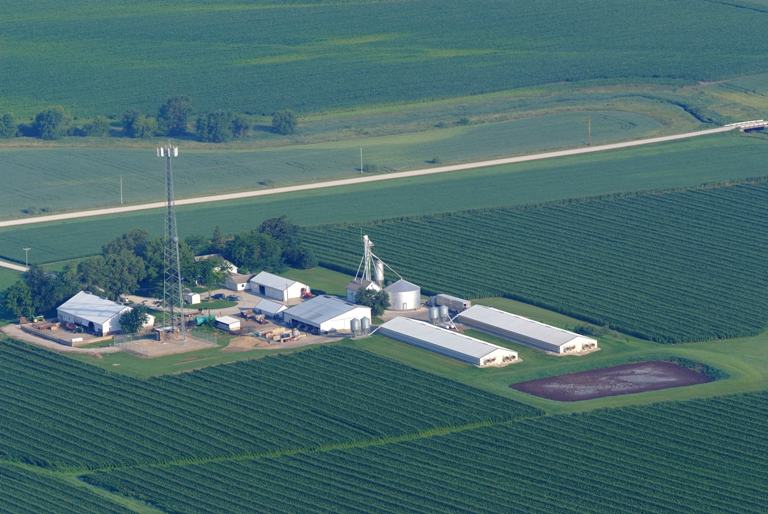Iowa attorney Eldon McAfee of Des Moines explains a recent court ruling in favor of a West Virginia poultry farmer regarding a Clean Water Act discharge permit.
April 25, 2013

A federal court’s refusal to agree to a request by the Environmental Protection Agency (EPA) to dismiss a case brought by West Virginia poultry farmer Lois Alt is being declared a victory for poultry and livestock farmers.
Alt sued EPA challenging an agency order demanding that she obtain a Clean Water Act discharge permit for ordinary stormwater runoff from her farmyard, according to the American Farm Bureau Federation, which supported the farmer in the case.
EPA withdrew the Alt order, but the U.S. District Court for the Northern District of West Virginia ruled that the case should go forward because EPA had not changed its stance on potential discharges to the waters of the United States and whether any potential discharges from stormwater runoff from Alt’s operation qualify for the agricultural stormwater exemption to NPDES permit requirements under the federal Clean Water Act.
Like what you're reading? Subscribe to the National Hog Farmer Weekly Wrap Up newsletter and get the latest news delivered right to your inbox every Friday!
Iowa attorney Eldon McAfee of Des Moines explains the court’s ruling of April 22. “If Alt wants to proceed with the case, and she can because she filed the lawsuit challenging EPA’s order, she can go forward because while the EPA has withdrawn the order, it hasn’t changed its position that if there was stormwater runoff coming into contact with incidental amounts of spilled manure and ventilation dust that could be washed away, there could be violation of the Clean Water Act.”
The judge pointed out that EPA didn’t have any proof that any of this had actually happened (illegal discharges), rather EPA just said that it could happen.
“To clarify, the EPA issued an order against this producer based on what they thought could happen, and then when the producer challenged this order, they decided to withdraw the order. But the court said it would not dismiss the case because EPA had not changed its underlying legal position that there could be violations of the Clean Water Act because of a potential for stormwater runoff that could come into contact with small amounts of manure, dust and feathers,” McAfee explains.
Further, the court ruled that EPA’s stance “appears to be a way to circumvent the rule announced in the Waterkeeper Alliance and National Pork Producers Council cases, which said that without an actual discharge, the EPA has no authority and there can be no duty to apply for a National Pollutant Discharge Elimination System (NPDES) permit.”
In opposing EPA’s motion to dismiss, Alt and Farm Bureau argued that farmers remain vulnerable to similar EPA orders, because EPA stands by its contention that the Clean Water Act statutory exemption for agricultural stormwater does not apply to stormwater at a concentrated animal feeding operation.
The court concurred, stating in part the “court’s ultimate decision on the merits will benefit all parties, including EPA and many thousands of farmers, by clarifying the extent of federal CWA ‘discharge’ liability and permit requirements for ordinary precipitation runoff from a typical farmyard.”
In the order denying EPA’s motion to dismiss, the judge required that all legal briefs by the parties on the underlying legal issue be filed by Sept. 1, 2013. The judge will then rule on EPA’s NPDES permit authority in this case.
You might also like:
EPA Drafts Plan to Inspect Iowa CAFOs
Iowa Producers Rebuff Environmental Charges
Improving Survival of Pig Sperm
You May Also Like



